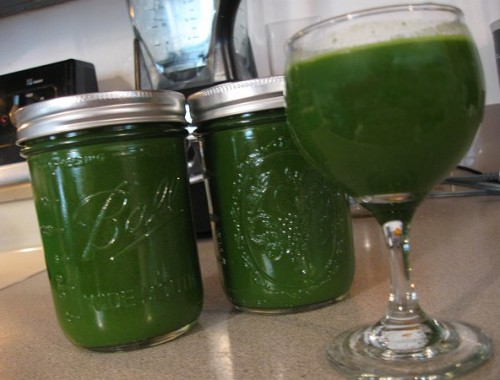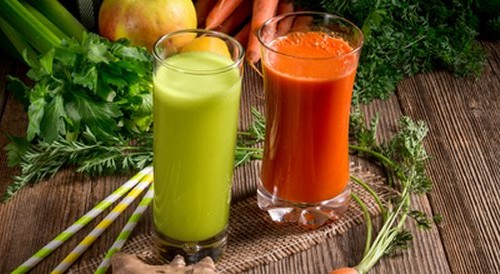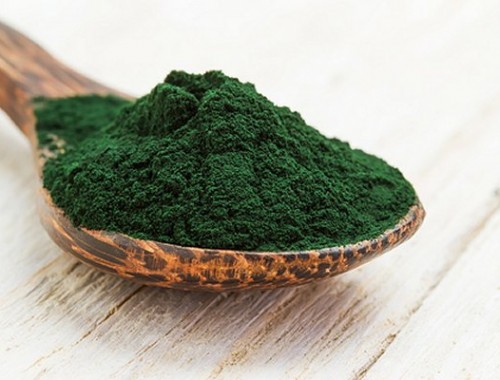A healthy diet with fresh juices made at home can be an ideal way to detoxify the body, lose any extra weight, and maintain good health.
Some people limit their diets to drinking fresh juice for a period of time to perform a juice cleanse. Others include juice to supplement their meals daily. Can this be too much of a good thing? Is juicing unhealthy?
Fresh juice contains numerous vitamins, minerals, and phytochemicals that are necessary for optimal health. The nutrients in fresh juice help to boost the immune system, support metabolism and promote cell growth. Antioxidants in homemade juice also help remove cancer-causing free radicals.
Fruits and vegetables that are used for juicing provide so many nutrients the body needs, but juice from this produce does not contain everything the body needs. There is little or no protein in juice from produce. Juicing also removes most of the fiber contained in produce which may be beneficial short-term but detrimental long-term.
So a long-term juice fast may be detrimental to your health due to a lack of protein and fiber. But for those who want a prolonged juice fast it’s possible to add a protein supplement to the juice like spirulina.
Spirulina protein powder is made from fresh-water algae and is one of only a handful of complete plant-based protein sources. Spirulina from Hawaii is recommended since lead and other impurities have been found in spirulina produced in Asia.
Another option for adding protein to fresh juice is to use whey protein powder. Protein can be added with soy milk or almond milk. Even with adding protein, the homemade juice is still missing healthy fats and fiber.
Fiber is an essential part of the diet. The fiber we consume helps us eliminate waste. When we consume fiber with other foods, the fiber slows the absorption of sugar and helps prevent blood sugar level spikes.
Fruit juices can cause drastic blood sugar level spikes which can be dangerous for people with diabetes. This is why juicing around 80% vegetables to 20% fruit is recommended. Many vegetables are low in sugar and more nutrient dense than fruits.
Short-term juice fasts have several benefits. A short-term juice fast can be performed as a cleanse, to kick-start weight loss, detoxify, or help recover from illness. During a juice fast, people only consume fresh-made juice.
Some juice fast programs suggest eating one meal either every day or on a particular day of the program. That meal often consists of only fruit and vegetables. A healthy juice fast program for most people is designed to be used for two or three days. A seven-day juice fast is the longest most people will want to stay on a juice fast.
But there are always people who have reason to juice fast longer than this. It’s particularly important when juicing long-term to seek professional medical advice and to check that what you’re doing isn’t doing more harm than good . For those who are overweight or sick, a long-term juice fast may be the answer but it’s important to realize that juicing can put your health at even greater risk if you’re not getting adequate nutrition.
One person who knows all about juicing long-term is Australian Joe Cross. In 2010 he released a documentary: “Fat, Sick & Nearly Dead” about his juice fast lasting 60 days. In these 60 days Joe lost 84 pounds. Joe was seriously overweight and suffering from an autoimmune disease requiring prescription medication.
After 60 days of juice-fasting with medical supervision he not only lost a substantial amount of weight but was also able to come off his prescribed medication. Joe now juices every day but also eats healthy meals too and by healthy I mean mostly plant-based foods.
But for most of us juicing doesn’t have to be an all or nothing diet. In fact, it’s better when the person uses both juice and healthy meals. Drinking fresh juice and eating healthy meals is an optimal diet. Juicing makes it easy for the person to add vitamins and phytochemicals that may be lacking in some of today’s processed food.
The body gets the benefit of the vitamin-packed juice while getting fiber, protein, and other nutrients from meals. Since juice does not contain everything the body needs, depending solely on juice long-term without adding supplements may lead to health problems.







No Comments